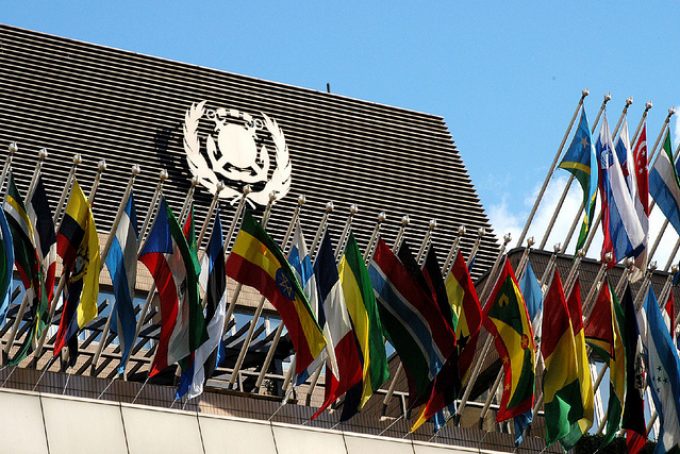Greener shipping – 'further work needed', but all still to play for
Last week’s International Maritime Organization (IMO) ISWG-GHG 18 meeting left little decided and much still ...

The shipping industry was today accused of blocking international efforts to curb pollution and greenhouse gas levels rising globally on a level unseen in other industries.
InfluenceMap is an environmental watchdog that assesses, “ranks and communicates the extent to which corporations are lobbying climate and energy policy worldwide”.
In ...
MSC switches two more Asia-Europe port calls from congested Antwerp
Front-loading frenzy has made traditional H2 peak season 'unlikely'
Tradelanes: Export boom in Indian sub-continent triggers rise in airfreight rates
Carriers introduce surcharges as congestion builds at African ports
Mexican airport modernisation plan unlikely to boost cargo facilities
Ports and supply chain operators weigh in on funding for CPB
Box ship overcapacity threat from carrier appetite for new tonnage
Tradelanes: Overcapacity on Asia-S America impacting alliances and rates

Comment on this article